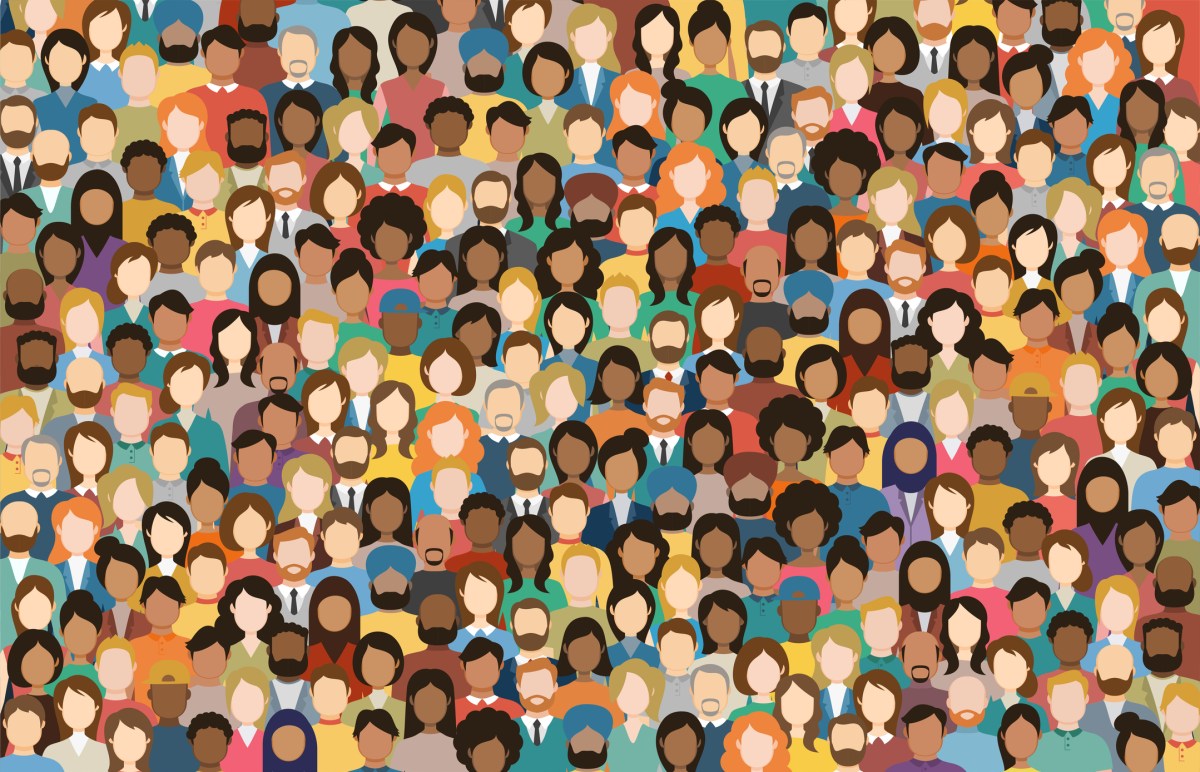技術者および研究者 アビブ・オバディア ジェネレーティブ AI を制御できるかどうかは定かではありませんが、それを抑制する最も妥当な手段は、AI の影響を受ける人々に、それを抑制する方法を共同で決定するよう任せることかもしれないと彼は考えています。
それはあなたを意味します。 それは私を意味します。 個人の小さなグループが単独で行うよりも迅速かつ公平に問題を解決するのは、個人の大規模なネットワークの力です (たとえば、ワシントンを含む)。 それは本質的に群衆の知恵に依存しており、科学研究、ビジネス、政治、社会運動など、多くの分野で起こっています。
たとえば、台湾では、2015 年に市民志向のハッカーがプラットフォーム「仮想台湾」を形成しました。このプラットフォームは、「主にデジタル経済に関連する問題の政策的解決策を議論するために、公共、民間、社会部門の代表者を集めます」。 説明した 2019 年、台湾のデジタル大臣であるオードリー タンがニューヨーク タイムズに掲載しました。 それ以来、vTaiwan として知られているように、Tang 氏は当時、「オンラインでの議論と利害関係者との直接の議論を組み合わせて利用することによって」、数十の問題に取り組んできたと書いています。
同様の取り組みは、 オレゴン州市民イニシアチブのレビューこれは 2011 年に法律に署名され、市民主導の「審議プロセス」を通じて投票法案について州の有権者に通知します。 オレゴン州の有権者全体を代表する約 20 人から 25 人の市民が集まり、イニシアチブのメリットについて議論します。 次に、そのイニシアチブに関する声明をまとめて作成し、州の他の有権者に送信して、選挙日により多くの情報に基づいた決定を下せるようにします。
いわゆる審議プロセスは、オーストラリア(水政策)、カナダ(選挙改革)、チリ(年金と医療)、アルゼンチン(住宅、土地所有)などの問題への対処にも成功しています。
ハーバード大学のバークマン クライン センターに所属し、AI が社会と民主主義に与える影響にますます焦点を当てた研究を行っている Ovadya 氏は、AI に関して「これを機能させるには障害があります」と認めています。 「しかし、経験的に、これは世界中のすべての大陸であらゆる規模で行われており」、「これらの機能を迅速に導入できるほど、より良い結果が得られます」と彼は述べています。
AI の許容可能なガイドラインを大規模な断面の人々に決定させることは、一部の人にとっては異様に聞こえるかもしれませんが、技術者でさえ、それが解決策の一部であると考えています。 著名な AI スタートアップ OpenAI の最高技術責任者である Mira Murati は、 時間を告げる 雑誌の新しいインタビューで、[W[e’re a small group of people and we need a ton more input in this system and a lot more input that goes beyond the technologies— definitely regulators and governments and everyone else.”
Asked if Murati fears that government involvement can slow innovation or whether she thinks it’s too early for policymakers and regulators to get involved, she tells the outlet, “It’s not too early. It’s very important for everyone to start getting involved given the impact these technologies are going to have.”
In the current regulatory vacuum, OpenAI has taken a self-governing approach for now, instituting guidelines for the safe use of its tech and pushing out new iterations in dribs and drabs — sometimes to the frustration of the wider public.
The European Union has meanwhile been drafting a regulatory framework — AI Act — that’s making its way through the European Parliament and aims to become a global standard. The law would assign applications of AI to three risk categories: applications and systems that create an “unacceptable risk”; “high-risk applications,” such as a “CV-scanning tool that ranks job applicants” that would be subject to specific legal requirements; and applications not explicitly banned or listed as high-risk that would largely be left unregulated.
The U.S. Department of Commerce has also drafted a voluntary framework meant as guidance for companies, but there remains no regulation– zilcho — when it’s sorely needed. (In addition to OpenAI, tech behemoths like Microsoft and Google — despite being burned by earlier releases of their own AI that backfired — are very publicly racing again to roll out AI-infused products and applications, lest they be left behind.)
A kind of World Wide Web consortium, an international organization created in 1994 to set standards for the World Wide Web, would seemingly make sense. Indeed, in that Time interview, Murati observes that “different voices, like philosophers, social scientists, artists, and people from the humanities” should be brought together to answer the many “ethical and philosophical questions that we need to consider.”
Maybe the industry starts there, and so-called collective intelligence fills in many of the gaps between the broad brush strokes.
Maybe some new tools help toward that end. Open AI CEO Sam Altman is also a cofounder, for example, of a retina-scanning company in Berlin called WorldCoin that wants to make it easy to authenticate someone’s identity easily. Questions have been raised about the privacy and security implications of WorldCoin’s biometric approach, but its potential applications include distributing a global universal basic income, as well as empowering new forms of digital democracy.
Either way, Ovadya thinks that turning to deliberative processes involving wide swaths of people from around the world is the way to create boundaries around AI while also giving the industry’s players more credibility.
“OpenAI is getting some flack right now from everyone,” including over its perceived liberal bias, says Ovadya. “It would be helpful [for the company] 今後の方針をどのように確立するかについて、本当に具体的な答えを持っている」
Ovadya は同様に、オープンソースの AI 企業である Stability.AI を指摘しています。同社の CEO である Emad Mostaque は、Stability はどこでも利用できるため、OpenAI よりも民主的であると繰り返し示唆していますが、OpenAI は特定の国でしか利用できません。 国 「安全なアクセス」を提供できるようになりました。
Ovadya 氏は次のように述べています。 良い、 民主的なプロセスを実際に使って、人々が本当に望んでいるものを見つけ出すことができたら、素晴らしいと思いませんか?」
「私たち人間」は AI を抑制できますか? TechCrunch で最初に公開された Connie Loizos 著
